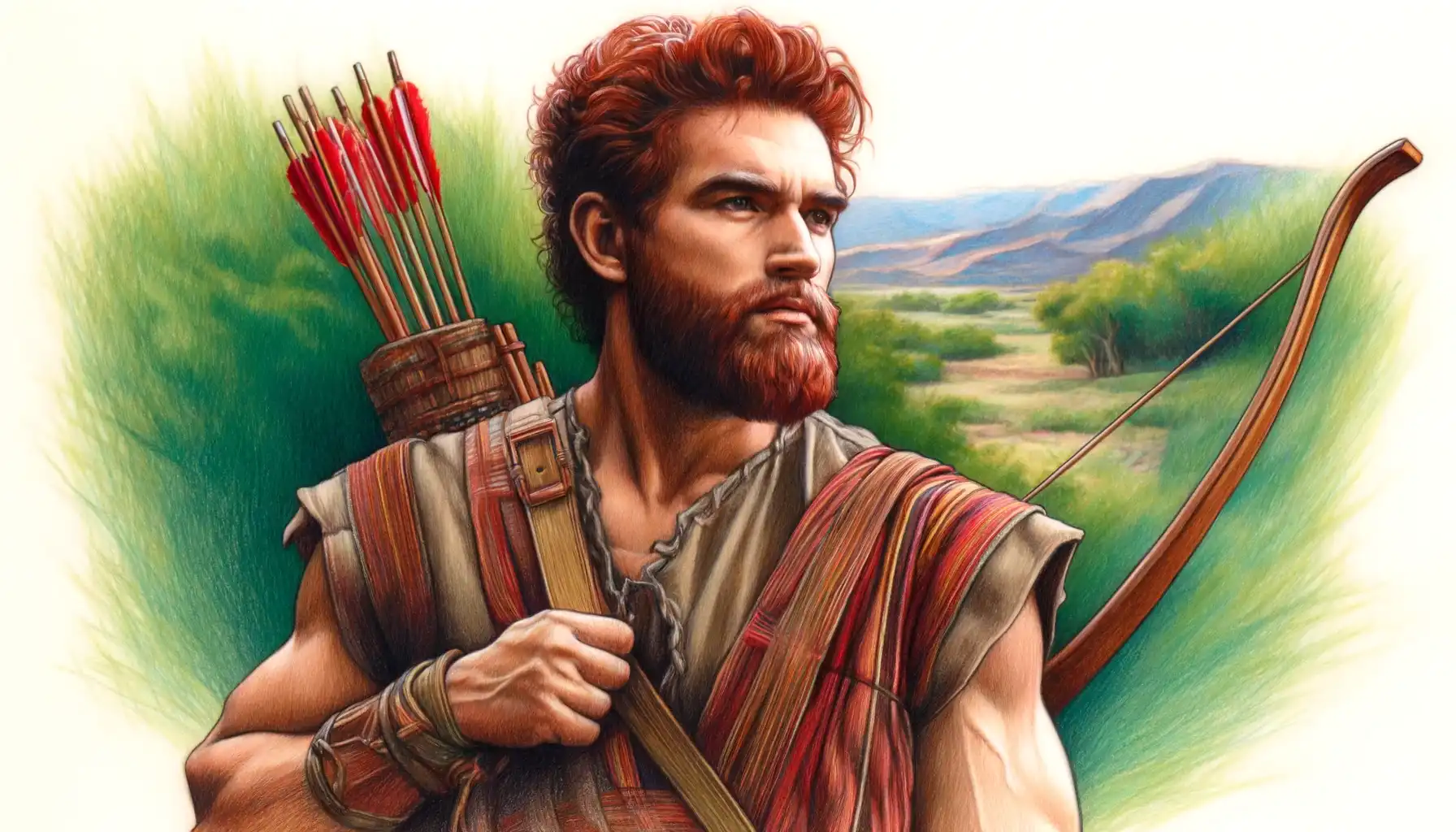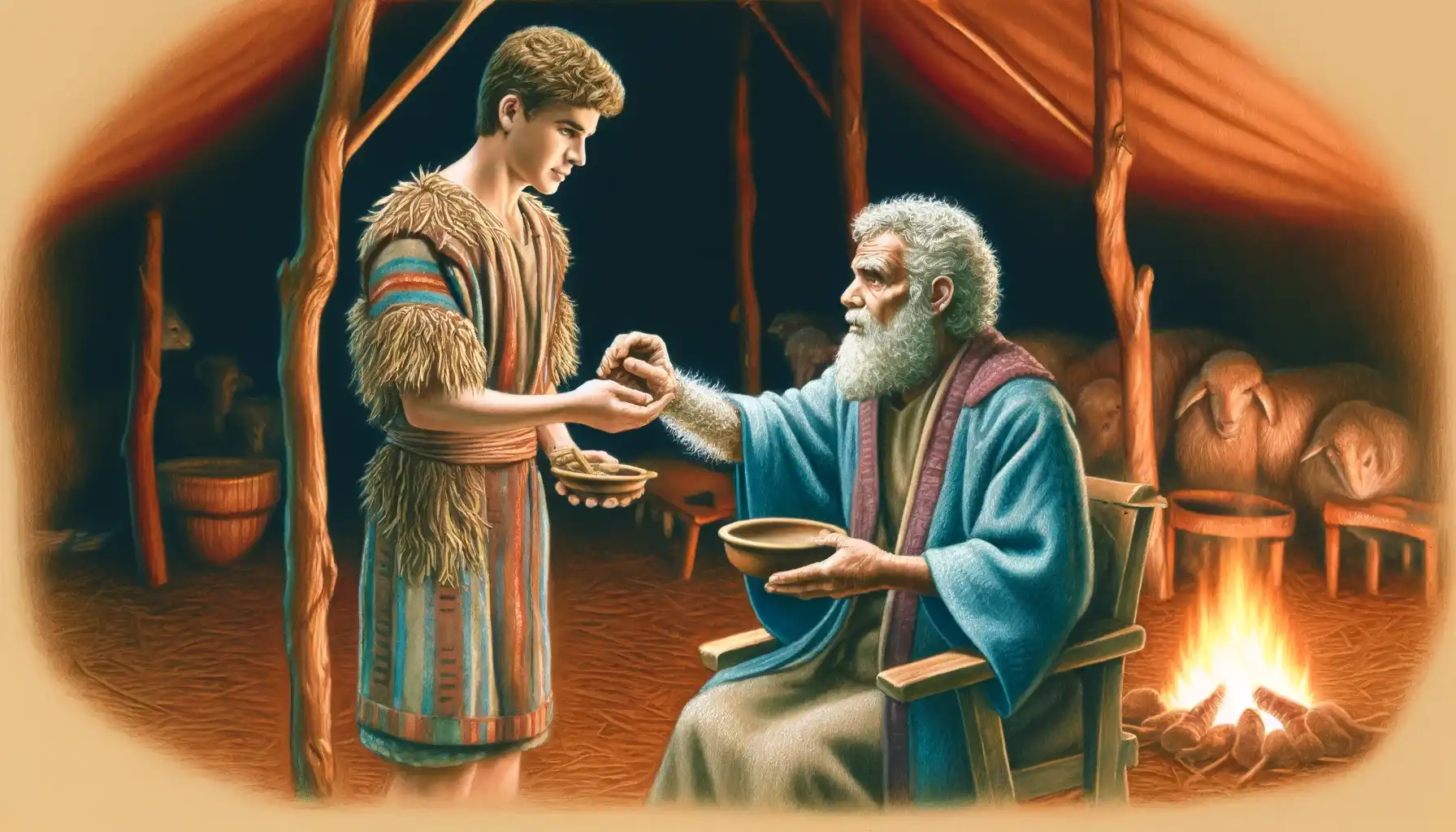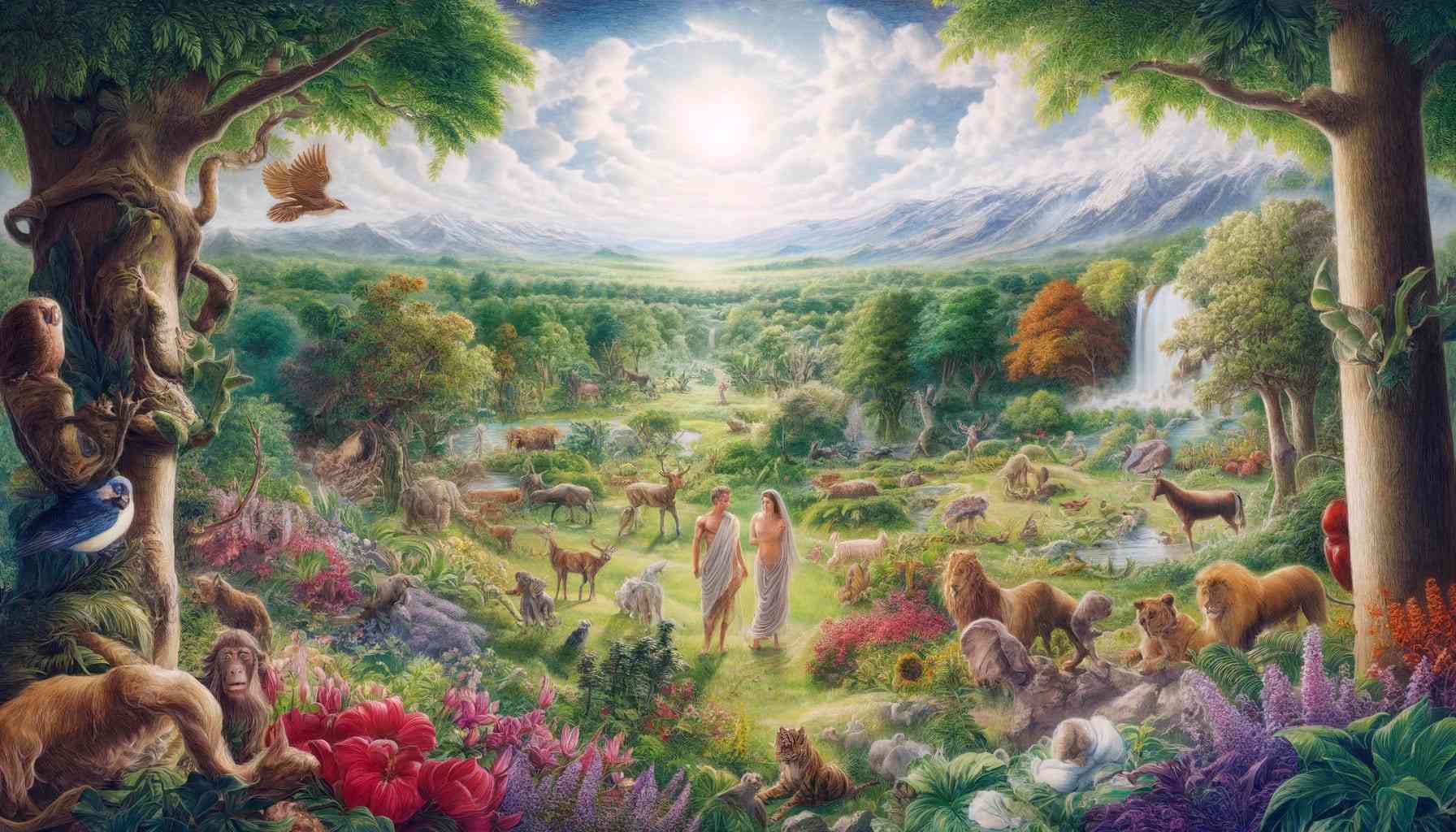Esau’s life story is a complex narrative of impulse, loss, and eventual reconciliation. It highlights themes of family, conflict, and redemption, providing deep insights into the consequences of choices and the power of forgiveness.
Jacob deceived Isaac by pretending to be his brother Esau. He wore Esau’s clothes and placed goatskins on his arms and neck to mimic Esau’s hairy skin. With the help of his mother, Rebekah, Jacob brought Isaac food, seeking his blessing. Isaac, who was old and blind, was tricked into giving Jacob the blessing meant for Esau.
The Book of Genesis explores themes such as creation, the fall, redemption, covenant, monotheism, sovereignty, sin, the patriarchs, the Imago Dei, messianic hope, and serves as a theological manifesto, spanning narratives from primeval to patriarchal history, and addressing deep questions about biblical theology, human nature, divine purpose, moral responsibility, faithfulness, genealogies, and contrasts with ancient Near Eastern myths.



